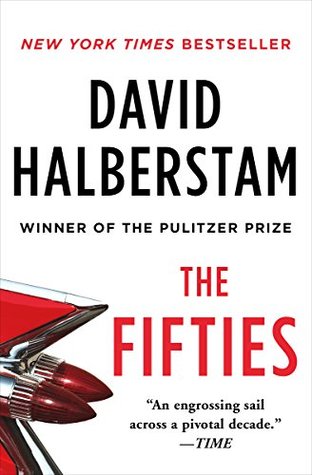More on this book
Community
Kindle Notes & Highlights
Social ferment, however, was beginning just beneath this placid surface. It was during the fifties, for example, that the basic research in the development of the birth-control pill took place; but it was not until a decade later that this technological advance had a profound effect upon society. Then, apparently overnight, rather conservative—indeed cautious—sexual practices were giving way to what commentators would speak of as the sexual revolution. It was in the fifties that the nation became wired for television, a new medium experimented with by various politicians and social groups. Ten
...more
In the years following the traumatic experiences of the Depression and World War II, the American Dream was to exercise personal freedom not in social and political terms, but rather in economic ones.
many people were already beginning to question the purpose of their lives and whether that purpose had indeed become, almost involuntarily, too much about material things.
They were anxious to go back to the simple, comfortable world of the twenties, before the New Deal had empowered labor unions, before air travel had shrunk the Atlantic Ocean into a pond, and before scientists had ever thought about developing intercontinental ballistic missiles to catapult atomic warheads into their midst.
Dewey’s chief campaign tactic was to make no mistakes, to offend no one. His major speeches, wrote the Louisville Courier Journal, could be boiled down “to these historic four sentences: Agriculture is important. Our rivers are full of fish. You cannot have freedom without liberty. The future lies ahead ...”
It was a mean time. The nation was ready for witch-hunts. We had come out of World War Two stronger and more powerful and more affluent than ever before, but the rest of the world, alien and unsettling, seemed to press closer now than many Americans wanted it to.
There were, in those days following the war, a great many speeches given in civic clubs and chambers of commerce in towns throughout America about the need to get back to Americanism, returning to the American way, and the domestic dangers of Communism and Socialism.


